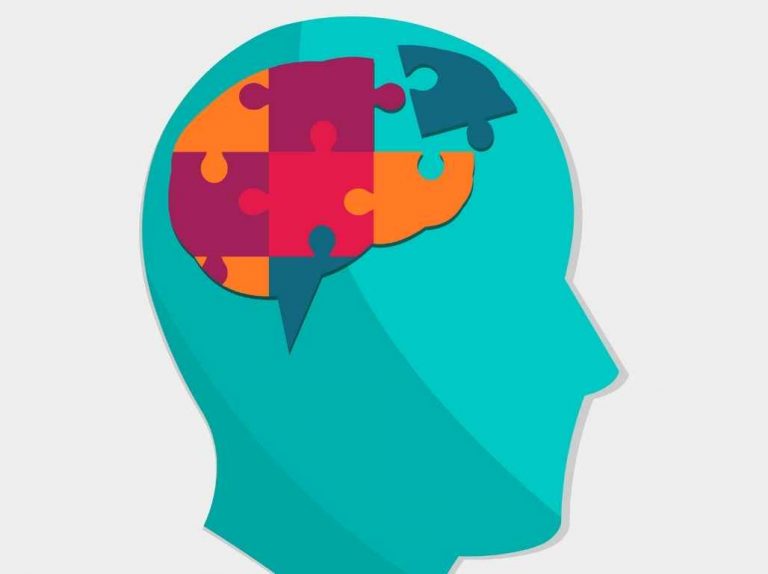You need a psychiatrist like you need a hold in your head. Have you ever heard anyone say that? It certainly puts you off, doesn’t it? That kind of thinking prevents thousands of people from getting the help they need. There is a stigma around both mental illness and psychiatry, which is the treatment for it.
What are the stigma and confusions around psychiatry
Do you feel nervous when you hear the word psychiatrist? What ideas do you have that make you think you shouldn’t go to one? When you think of a psychiatrist, do you imagine a man (or woman) in a white coat who might take you away to the loony bin never to return? Or someone who might give you meds you don’t want or need?
Being anti-psychiatrist is very common, but it could be doing you more harm than good. What does a psychiatrist do anyway? First of all, let’s clear up what is the difference between the most common mental health clinicians.
Many people don’t know the difference between a psychiatrist, a psychologist, therapist, and counselor
Quite simply, the differences are the level of education and degree, and what they do. There is very little difference between a psychologist and therapist in terms of how they perform clinical work. Psychologists and therapists are both mental health clinicians who use talk and other therapies to help people understand and cope with different life problems and behaviors.
A Licensed Therapist has a master’s degree in psychology (MA or MS or MSW).
A Psychologist, on the other hand, spends 1-2 years longer in school and finishes with a Ph.D.
Both specialize in the study of behaviors and mental processes. This includes emotional and cognitive processes, how people interact with their environments, and how they interact with other people.
What is the definition of a psychiatrist
A psychiatrist is a medical doctor (an M.D. or D.O.) who specializes in mental health, including substance use disorders. Psychiatrists are qualified to assess both the mental and physical aspects of psychological problems. People seek psychiatric help for many reasons. American Psychiatric Association
A psychiatrist can diagnose brain health and prescribe medicines
Why you may need a psychiatrist is your brain health. A psychologist can diagnose and treat behavioral issues, but is not a medical doctor. That means, if you have a mental illness, like serious depression, anxiety, a personality or character disorder, bi-polar, mood disorder or other types of mental illness, your brain health needs attention, and only a medical doctor can diagnose and prescribe medicines for mental disorders. That doesn’t mean you don’t need a therapist or psychologist as well.
Also, if addiction or co-occurring disorders are your problem, having a psychiatrist on your treatment team is essential. Addiction is a disease of brain reward that has both physical and psychological components, so both need need to be treated. If you have a psychiatrist, it doesn’t mean you won’t benefit by having a therapist as well. Psychiatrists are dedicated to the medical side of mental health, and don’t usually spend weekly hours with their patients. Therapists, on the other hand, spend more time with their clients.
Why your regular doctor can’t take the place of a psychiatrist
If you’re suffering from a mental health disorder, let’s say mental illness, your regular doctor is not equipped to handle it. MD’s don’t have the advanced training that it takes to understand mental health problems, and more important, they aren’t allowed to try. Rather, because they don’t have the training, they’re required to refer you to someone who does have the expertise necessary, and that means a psychiatrist. You need someone who knows how to talk to you and work with you in a way that can uncover the things you’re thinking and feeling. A medical doctor is about your physical wellbeing. Your psychiatrist is about your brain health, and your therapist or psychologist are about your emotional health and behavior. Read more about psychiatry and getting help.
More Articles To Read
8 Tips To Overcome Recovery Resistance





















